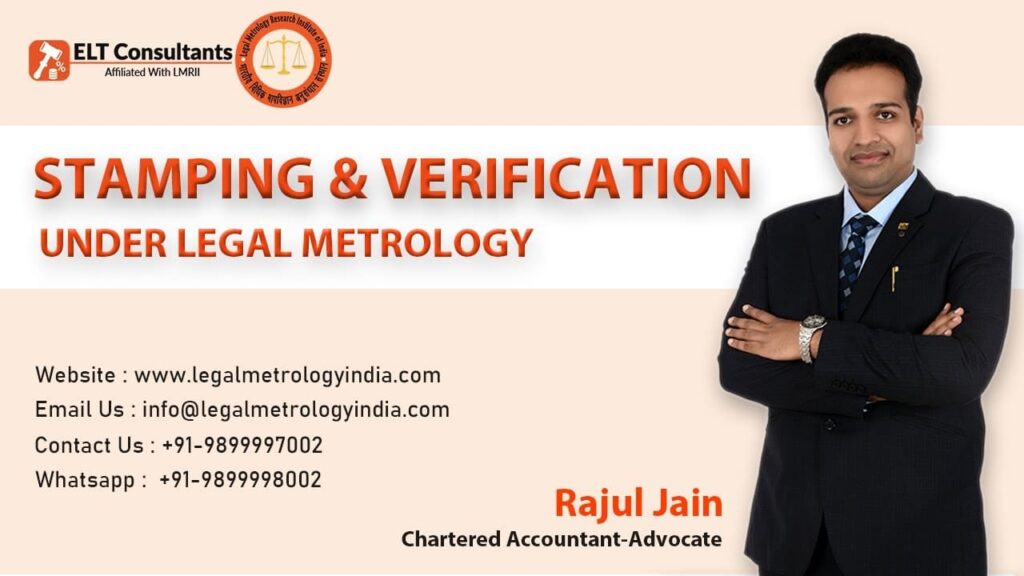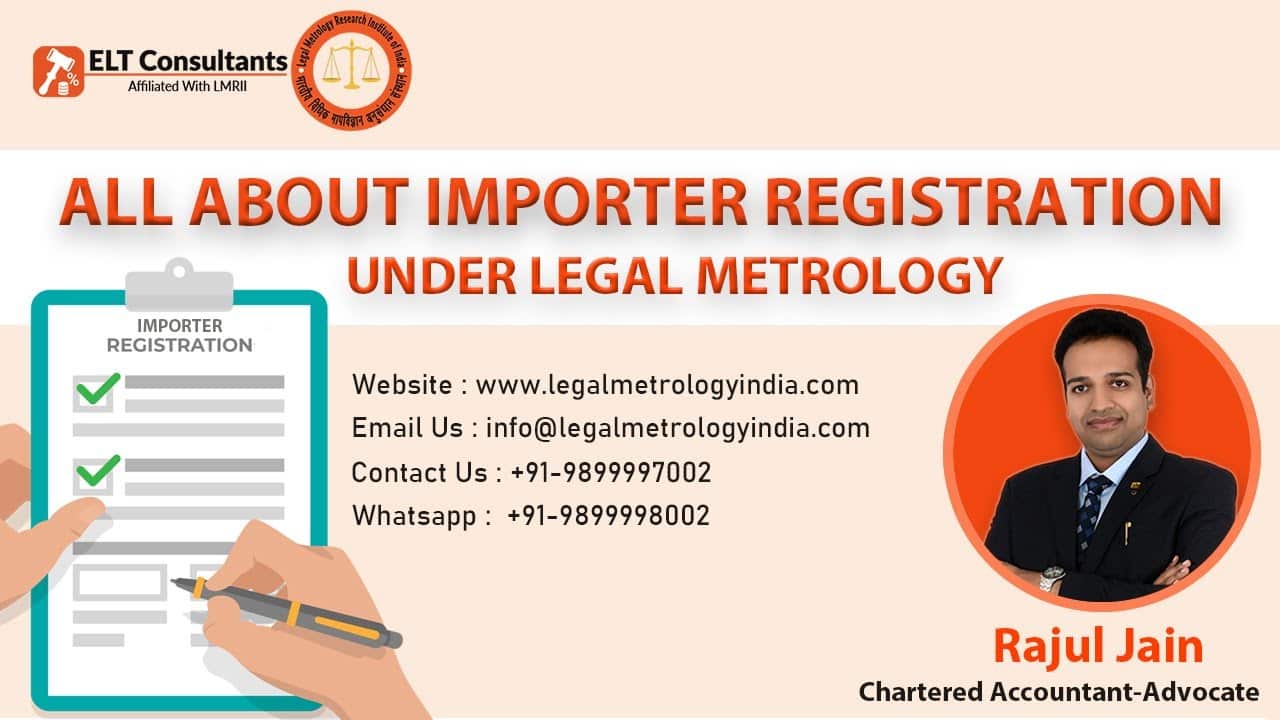Navigating the world of legal metrology can be a complex task for businesses and individuals alike. However, with the right knowledge and understanding, compliance becomes much more manageable. At the heart of this regulatory landscape lies the crucial aspect of obtaining a legal metrology certificate. This certificate serves as a key document, ensuring that measuring instruments and devices used in trade and commerce meet the required accuracy standards. In this comprehensive guide, we will demystify the process of obtaining a legal metrology certificate, shedding light on its significance in upholding fair trade practices and consumer confidence. Join us as we simplify the complexities and shed light on how this certification empowers businesses to stay compliant and ensure the accuracy of their measuring instruments.
Understanding The Importance Of Legal Metrology Certificate
The legal metrology certificate holds significant importance in ensuring accurate measurements and fair trade practices across various industries. It serves as a crucial document that verifies the accuracy and reliability of measuring instruments and devices used in commercial transactions. By obtaining this certification, businesses gain the trust of their customers and stakeholders, as it demonstrates their commitment to providing reliable and precise measurements. With a legal metrology certificate in place, consumers can have confidence in the fairness of transactions, knowing that the measurements taken are accurate and aligned with the established standards. As a cornerstone of consumer protection, the legal metrology certificate plays a pivotal role in promoting transparent and equitable trade practices.

What Is Legal Metrology And Why It Matters?
Legal metrology refers to the science of measurement and its application in trade and commerce to ensure fair transactions. It matters greatly because it establishes uniform and accurate measurement standards, creating a level playing field for businesses and consumers alike. This regulatory framework prevents unfair practices and provides consumers with the assurance that they receive precisely measured goods and services. Legal metrology is instrumental in safeguarding consumer interests and protecting them from potential fraudulent activities. By adhering to legal metrology standards, businesses can build trust with their customers and foster long-term relationships based on transparency and reliability.
The Process Of Obtaining A Legal Metrology Certificate
Obtaining a legal metrology certificate involves a systematic and structured process. Businesses seeking certification must first identify the measuring instruments and devices they use in trade. They then need to submit these instruments for testing and evaluation by authorized metrology laboratories. These laboratories conduct thorough assessments to ensure that the devices meet the required accuracy standards. Once the instruments pass the tests, businesses receive their legal metrology certificate, signifying compliance with the prescribed regulations. This certification process simplifies compliance for businesses, providing them with the necessary documentation to demonstrate their commitment to accuracy and fair trade practices.
Ensuring Compliance: The Legal Requirements For Metrology Certificates
Compliance with legal requirements is paramount when obtaining a legal metrology certificate. Businesses must adhere to specific regulations and standards set by the relevant authorities to ensure the accuracy and integrity of their measuring instruments. These legal requirements vary depending on the country and industry, making it essential for businesses to thoroughly understand and meet the prescribed guidelines. By complying with these standards, businesses uphold the credibility of their measurements and contribute to the overall fairness and transparency of commercial transactions.
The Scope Of Legal Metrology: Devices Covered By The Certificate
The scope of legal metrology encompasses a wide range of measuring instruments and devices used in trade and commerce. These instruments may include weighing scales, meters, fuel dispensers, thermometers, and many more. Each of these devices plays a crucial role in ensuring accurate measurements across different industries. The legal metrology certificate covers these diverse instruments, providing businesses with a comprehensive certification that validates the accuracy of their entire measurement infrastructure. By understanding the devices covered by the certificate, businesses can ensure that all relevant instruments undergo the necessary evaluation and comply with regulatory standards.
Benefits Of Legal Metrology Certificate For Businesses
Obtaining a legal metrology certificate comes with numerous benefits for businesses. Firstly, it enhances their credibility and reputation by showcasing their commitment to accuracy and fairness in trade. This certification also builds trust with customers, as it assures them of receiving reliable and precise measurements during transactions. Furthermore, compliance with legal metrology standards protects businesses from potential legal issues and penalties arising from non-compliance. By investing in a legal metrology certificate, businesses position themselves as responsible and trustworthy market players, strengthening their market position and fostering customer loyalty.
Consumer Protection And Confidence: The Role Of Legal Metrology
Consumer protection is at the core of legal metrology’s role in trade and commerce. The certification process ensures that consumers receive fair and accurate measurements when purchasing goods or services. Legal metrology protects consumers from being overcharged or receiving products of incorrect quantities. By enforcing accurate measurements, this regulatory framework promotes consumer confidence, which is essential for a thriving and ethical marketplace. The legal metrology certificate serves as a guarantee of quality and integrity, giving consumers peace of mind and empowering them to make informed choices during transactions.
Common Challenges And Solutions In Obtaining a Legal Metrology Certificate
While obtaining a legal metrology certificate is vital for businesses, the process can present certain challenges. One common challenge is understanding the specific regulations and requirements applicable to each industry. To overcome this, businesses can seek guidance from authorized metrology authorities or engage consultants specializing in legal metrology compliance. Another challenge may be ensuring that all measuring instruments are accurate and meet the prescribed standards. Regular calibration and maintenance of these devices can help address this issue. By proactively identifying and addressing these challenges, businesses can streamline the certification process and achieve successful compliance.
Staying Updated: The Importance Of Renewing And Maintaining The Certificate
Maintaining compliance is an ongoing process in the realm of legal metrology. The validity of the legal metrology certificate is typically limited and subject to renewal after a certain period. To ensure continued compliance, businesses must be diligent in renewing their certificates within the specified timeframe. Additionally, regular calibration and maintenance of measuring instruments are essential to preserving accuracy and adherence to regulatory standards. By staying updated and proactive in maintaining the certificate, businesses can sustain their commitment to accuracy and consumer confidence, fostering trust among customers and securing their position in the marketplace.
Conclusion
The legal metrology certificate plays a pivotal role in promoting fair trade practices, consumer protection, and transparent transactions across various industries. It serves as a critical document that verifies the accuracy and reliability of measuring instruments, instilling confidence in customers and stakeholders. By adhering to legal metrology standards and obtaining the necessary certification, businesses can establish their credibility, trustworthiness, and commitment to accuracy. The process of obtaining a legal metrology certificate, although systematic, simplifies compliance for businesses, empowering them to navigate the regulatory landscape with ease. As businesses uphold the integrity of their measurements and adhere to legal requirements, they contribute to the overall fairness and transparency of commercial transactions. Embracing legal metrology ensures that consumers receive precise and reliable measurements, fostering consumer confidence and empowering them to make informed choices. With a renewed focus on maintaining and renewing the certificate, businesses can sustain their commitment to accuracy, further strengthening their market position and fostering long-term customer loyalty. Ultimately, the legal certificate stands as a cornerstone of a fair and ethical marketplace, fostering a harmonious and trustworthy relationship between businesses and consumers alike.
